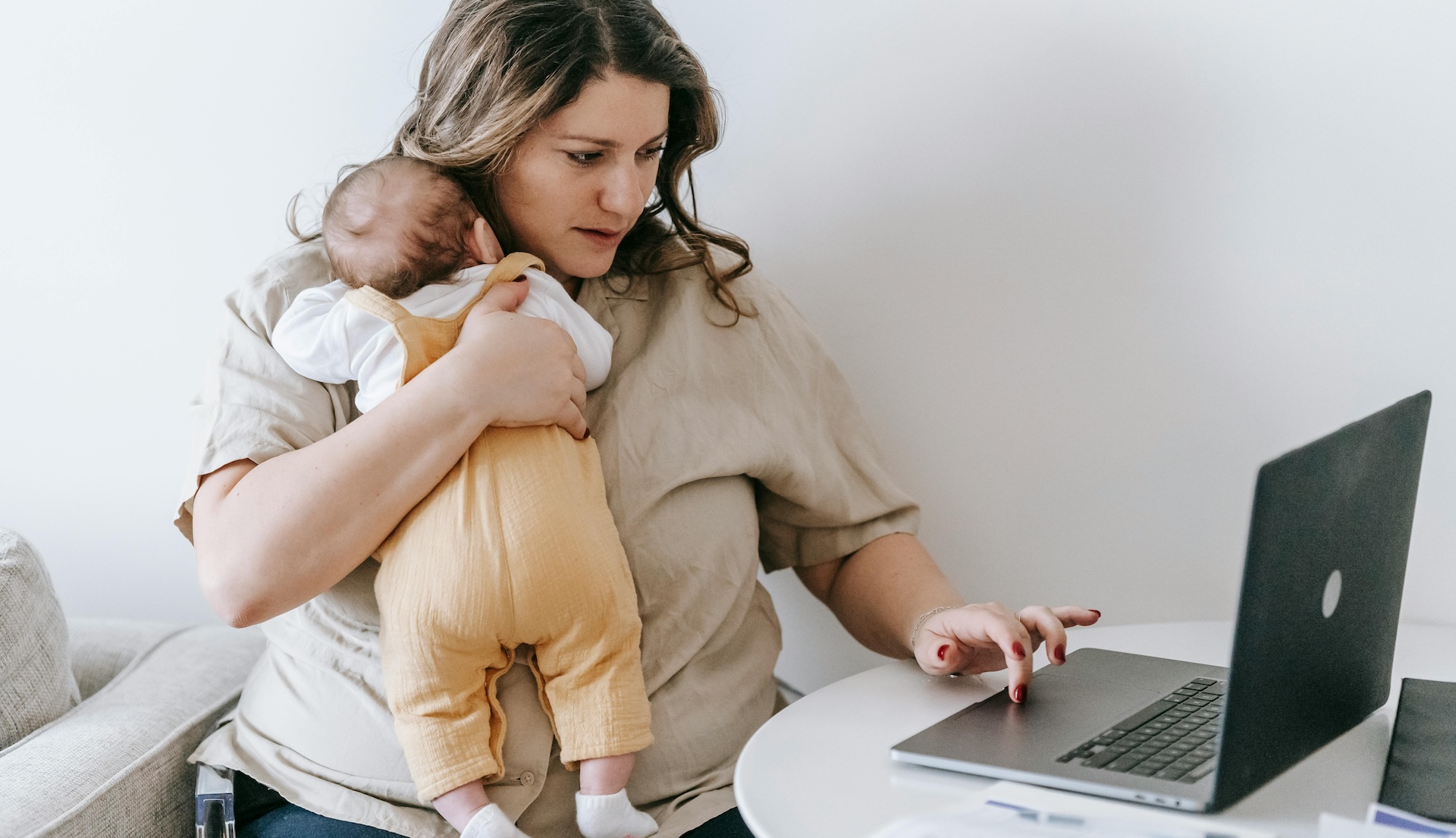A £50 weekly payment cut mental health difficulties by 6%, while a £100 payment improved mental wellbeing by 13%.
“Introducing better income support would reduce the risk of poor mental health of parents and other people caring for children, and deliver benefits across the whole of society,” Rowland added. “This should be a key part of the upcoming child poverty strategy.
“The results of this study show this type of policy would deliver a genuinely impressive drop in the number of people struggling with poor mental health, with tens of thousands of people being lifted out of needing clinical support. This could free up resources to be better targeted in areas such as prevention, and reduce pressure on overcrowded NHS services.”
Investing now would reduce “unnecessary suffering” for adults and the children in their care, he said, as well as preventing the high future costs to cope with widespread mental health issues.
“These are the sorts of policies that Labour can’t afford not to implement.”
Families in Scotland already receive this type of income boost, known as the Scottish child payment, introduced for low-income families in 2021. Holyrood pays a weekly £26.70 to parents and guardians for every child they look after under the age of 16. More than 327,000 children were benefiting from the policy by the end of December last year, the Scottish Government said.
Nearly 95,000 fewer people would need mental healthcare if SIPHER’s findings were applied in England and Wales, researchers said. Roughly 1.9 million people are on waiting lists for treatment.
Improved mental health in adults would have a knock-on effect in their children too, according to the study, and ease the intense pressure currently placed on schools and CAMHS (Child and Adolescent Mental Health Services) to help children who are struggling.
And – after chancellor Rachel Reeves confirmed plans to change the work capability assessment and cut what the government spends on benefits – researchers said higher universal credit payments would result in more people getting back into work after time out due to mental illness.
The analysts created a model to simulate and track how “changes in household income influence factors like housing quality, nutrition, and social isolation, which all in turn affect mental health.
Nik Lomax, the report’s lead author and professor of population geography at the University of Leeds, said: “Larger payments lead to substantial improvements in adult mental health, particularly for women and single-parent households.”
Do you have a story to tell or opinions to share about this? Get in touch and tell us more. Big Issue exists to give homeless and marginalised people the opportunity to earn an income. To support our work buy a copy of the magazine or get the app from the App Store or Google Play.





